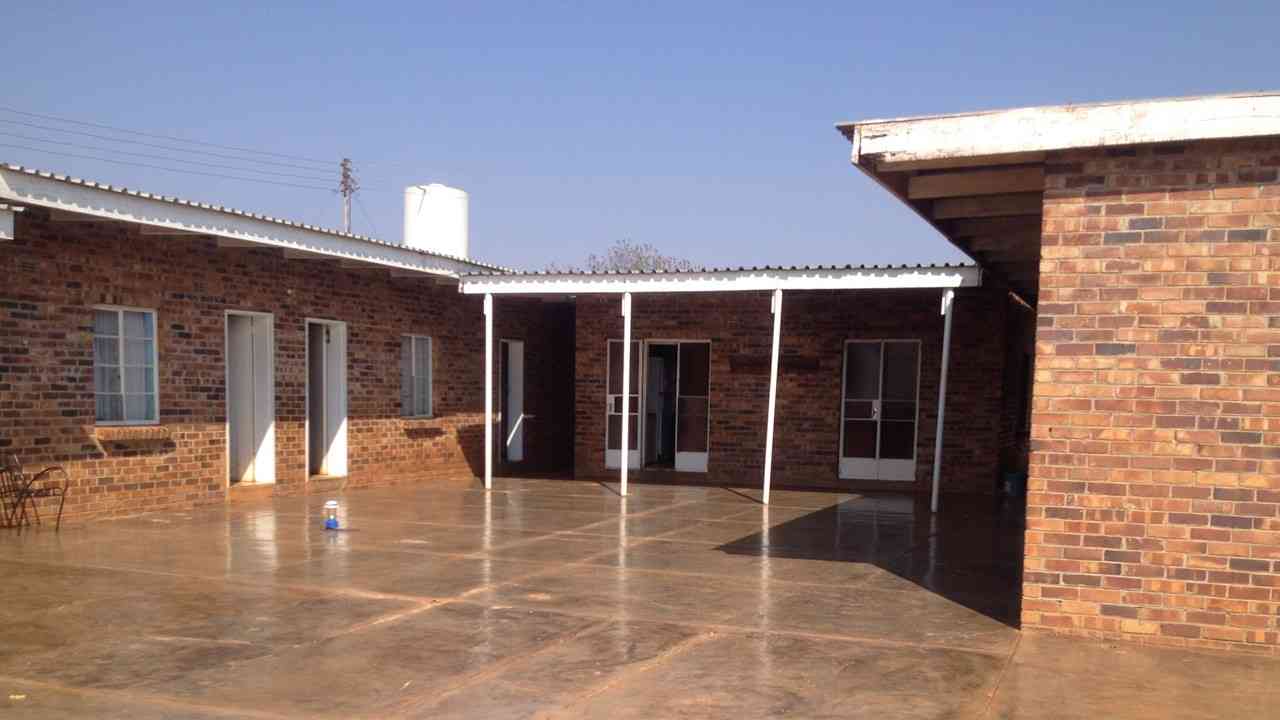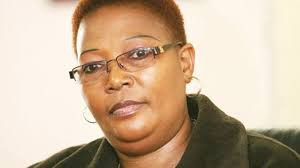
The whirring and grinding of machinery suddenly comes to a halt. Constance Liteta (51), rushes to inspect the breaker, suspecting it might be faulty. Her colleague shouts from the other room that it’s a power cut.
“These power cuts and water rationing, caused by climate change, have become more frequent and are negatively affecting our business,” Liteta said.
Climate change can directly impact businesses through physical damage from floods, bushfires, or forced closures.
Indirect impacts, such as disrupted supply chains or reduced income from extreme weather, further compound the problem.
Liteta is the secretary and marketing director of a baobab processing company formed by rural farmers in Change Ward as part of climate resilience efforts.
“We started in 2016 under a Forest Forces project, planting baobab trees before benefiting from seed processing machines,” she said.
“Initially, this was a community project with about 800 members, but many dropped off, and we converted it into a company.”
The company now produces oils, lotions, fruit juice, coffee, and stock feed, operating with a small team of five women and one security officer.
- COP26 a washout? Don’t lose hope – here’s why
- Out & about: Bright sheds light on Vic Falls Carnival
- COP26 a washout? Don’t lose hope – here’s why
- Out & about: Bright sheds light on Vic Falls Carnival
Keep Reading
According to Mushingo Baobab Foods chairperson Rosemary Muleya, the business has transformed many lives, economically empowering women throughout the value chain, from supply to distribution.
However, climate change poses a new threat to years of investment and hard work.
“We are experiencing frequent power blackouts and water shortages, which cripple operations and damage equipment.
“It’s impossible to operate without water or electricity to power machines,” Liteta explained.
“Climate change is also affecting our primary raw material—the baobab fruit. Drought has reduced the oil yield from the seed.”
Despite growing concern, no reliable data quantifies the economic costs of climate change on companies like Liteta’s or on society as a whole.
Climate change is already hindering local communities’ ability to achieve development goals, placing pressure on agriculture and water supply.
The company is considering drilling a borehole and installing solar panels to address water and power shortages.
“Climate change is real, and its impact is already being felt. We are seeking assistance to secure alternative power and water sources as an adaptation measure,” Liteta added.
“Despite the economic challenges, we remain determined.”
Government policies recognise the need for resilience, but many small businesses struggle to access adaptation funding.
There are limited government-backed grants or subsidies for small businesses to invest in renewable energy or climate-resilient infrastructure.
As a result, most small enterprises are forced to rely on their own limited resources, leaving them vulnerable to climate-induced disruptions.
—The Citizen Bulletin









